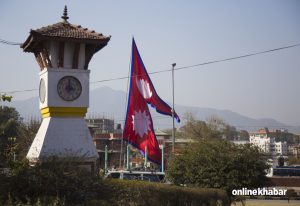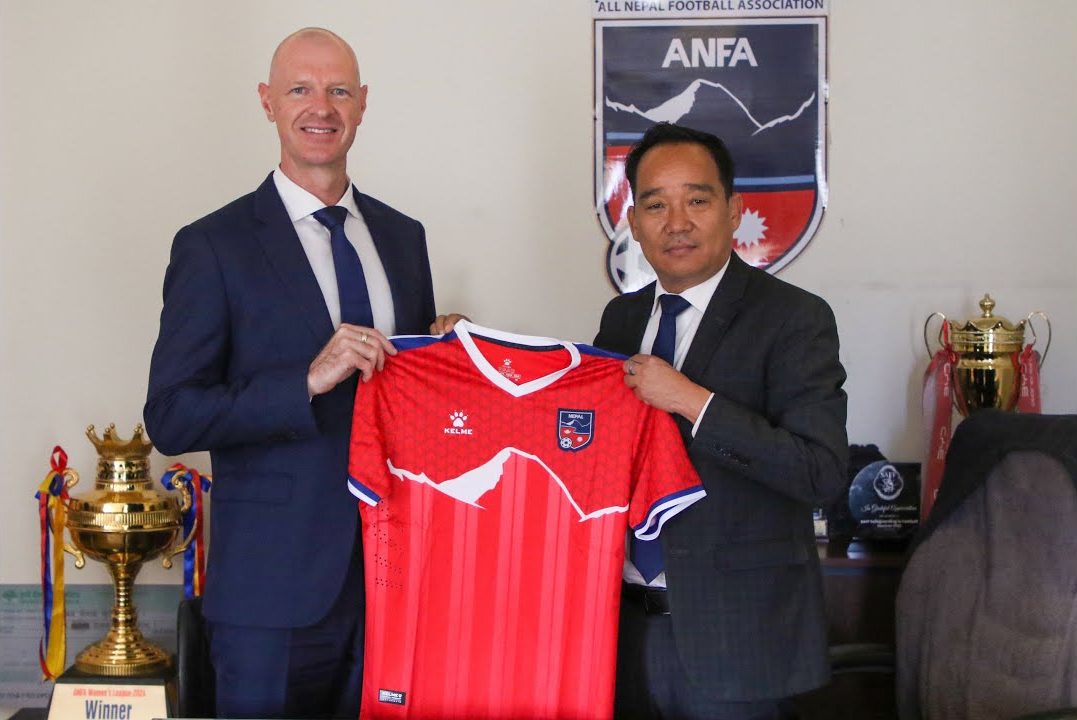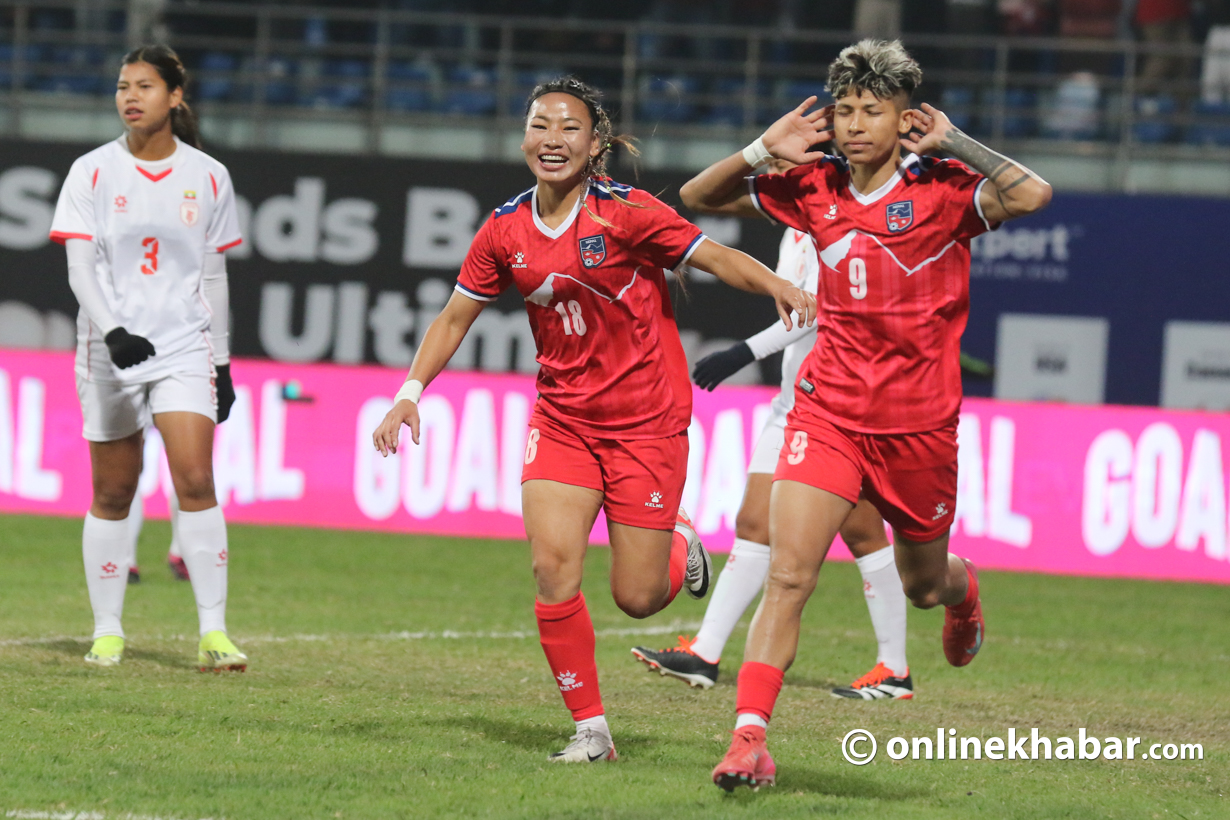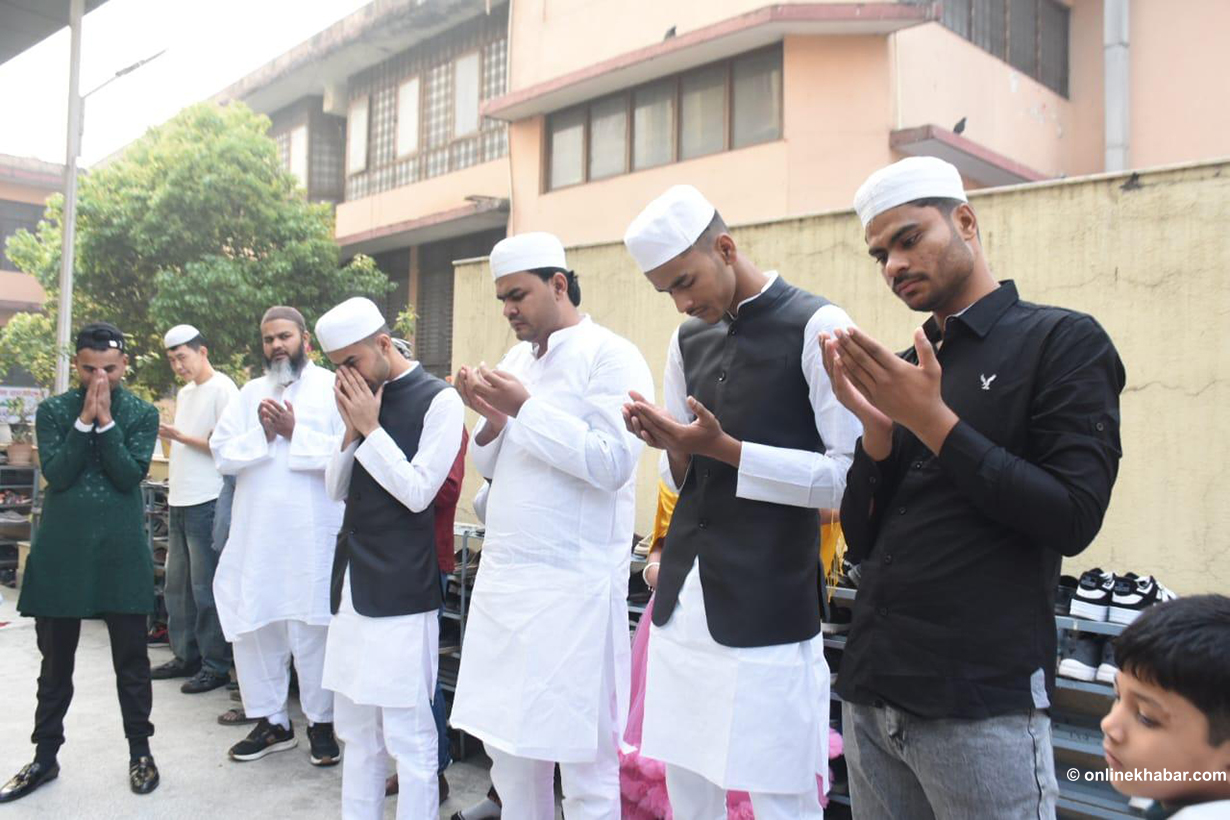
Nepal’s dream of winning the SAFF U-20 Championship on home soil ended in disappointment as they suffered a 4-1 defeat to Bangladesh in the final on Wednesday. Despite reaching the final for the first time in nine years, the Nepali team missed a golden opportunity to secure the title in front of their home crowd.
Nepal had previously won the SAFF U-20 Championship in 2015 and 2017, both times defeating Bangladesh en route to the title. However, this time, they were unable to replicate that success. Head coach Urjan Shrestha expressed his regret after the match, stating, “Even though we had the opportunity to win on our home ground, we couldn’t do it. I want to apologise. Such chances don’t come often.”
Key moments in the match
The match began with high hopes for Nepal, who had defeated Bangladesh 2-1 in the group stage, securing their spot as group winners. However, the final proved to be a different challenge altogether. Despite creating early pressure, Nepal failed to score in the first half, missing several key opportunities. Forward duo Nirajan Dhami and Samir Tamang, who had been instrumental in the group stage, struggled to find their form.
Bangladesh took the lead during injury time of the first half with a crucial free-kick goal by Mirazul Islam, which coach Shrestha later described as the turning point of the match. “The free-kick goal at the end of the first half was the game-changing moment. There was no need to commit that foul at that time. If that goal hadn’t happened, the result might have been different,” said Shrestha.
In the second half, Bangladesh capitalized on their momentum, with Mirazul Islam scoring again and additional goals from Rabi Hossain Rahul and PS Nova. Samir Tamang managed to pull one goal back for Nepal, but it was too late to alter the outcome.
The area where Nepal fell short
One of the critical areas where Nepal struggled was their inability to score in the first half. Despite creating several chances, including a long shot by Nirajan Dhami that was saved by Bangladesh’s goalkeeper Mohammad Asif, Nepal couldn’t find the back of the net. Coach Shrestha acknowledged this, saying, “If we had managed to score just one goal in the first half, the result could have changed.”
Nepal’s failure to execute its game plan, particularly after conceding the first goal, was evident. The psychological pressure of playing on home soil and the expectation to win seemed to weigh heavily on the players. “After conceding in the first half, we were under pressure in the second half, which prevented us from playing according to the plan,” Shrestha explained.
Missed opportunity on home ground
Nepal’s loss in the final is particularly disappointing given their strong performance in previous editions of the tournament. In 2015, Nepal won the first edition of the SAFF U-19 Championship, defeating India in a penalty shootout in the final held at the ANFA Complex. They successfully defended their title in 2017 in Bhutan. However, in the following three editions, Nepal failed to even reach the final.
This year, after a nine-year gap, Nepal had the chance to lift the trophy once again, this time on their home ground. The team’s captain and coach had both expressed their goal of keeping the trophy at home, but unfortunately, they couldn’t achieve it. Nepal also aimed to win the title for the third time and equal India’s record for the most championships, but that goal remains unfulfilled. Instead, Bangladesh made history by winning the SAFF U-20 Championship for the first time, while Nepal created an unwanted record by losing to Bangladesh for the first time in this competition.
Looking ahead
Bangladesh’s victory in the final was well-deserved, as they played with confidence and capitalized on Nepal’s mistakes. “They played better and deserved to win the final,” Shrestha admitted in the post-match conference. “We wanted to bring the victory home, but we couldn’t. I’m sorry.”
Despite the setback, this experience offers valuable lessons for Nepal as they look to regroup and prepare for future tournaments. The focus will now be on addressing the weaknesses highlighted in this match and building a stronger team for the next challenge.


























